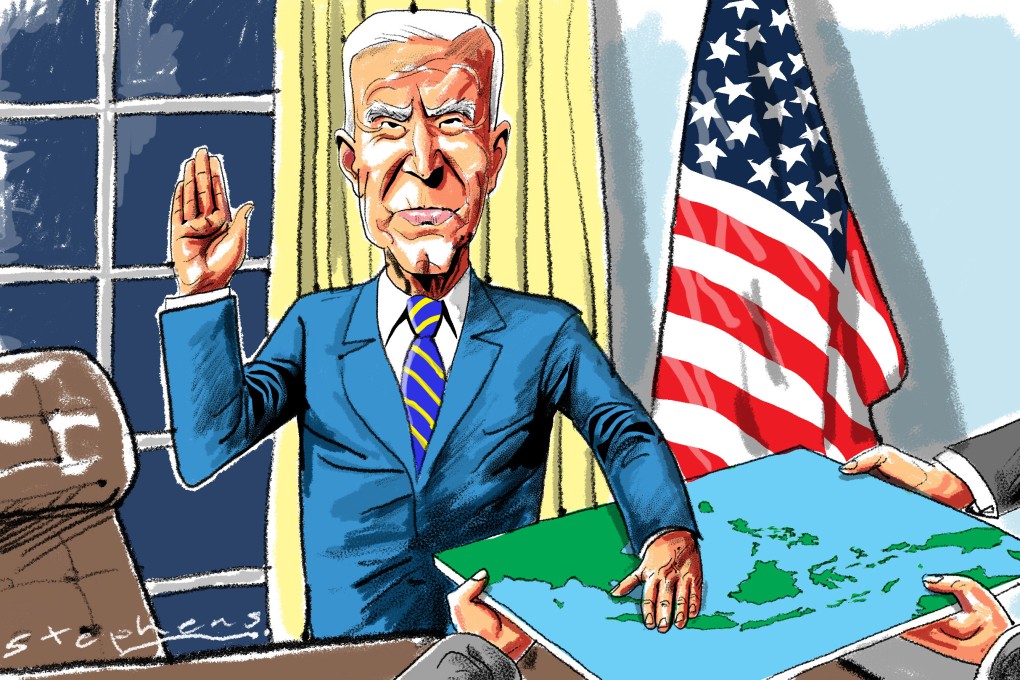Opinion | If the US means to win back Asean from China, showing up isn’t enough
- For years, dwindling US economic engagement hurt American credibility in the region, while China looked increasingly like the only game in town
- Joe Biden has a critical chance to build on the momentum from his attendance at recent summits, if his administration can put its money where his mouth is

However, with the Democrats’ surprisingly robust showing in the midterm elections, the summits in Southeast Asia showcased a revitalised America that is deeply engaged in the region. This offers Joe Biden a critical chance to build on the momentum from these meetings if – and it’s a big “if” – his administration can put its money where his mouth is and deliver on its many promises.
It’s been said that 80 per cent of success in life is just showing up, and perhaps nowhere does that apply as aptly as in Asia, where respect and personal ties carry great weight. High-level US diplomacy matters greatly in Southeast Asia, and sustained engagement with Asean was crucial to former president Barack Obama’s strategic rebalance to Asia.
But showing up only gets Biden 80 per cent of the way to real credibility. And at a moment of intense geostrategic rivalry when smaller countries are making far-reaching decisions about where their interests lie, 80 per cent is simply not good enough.
